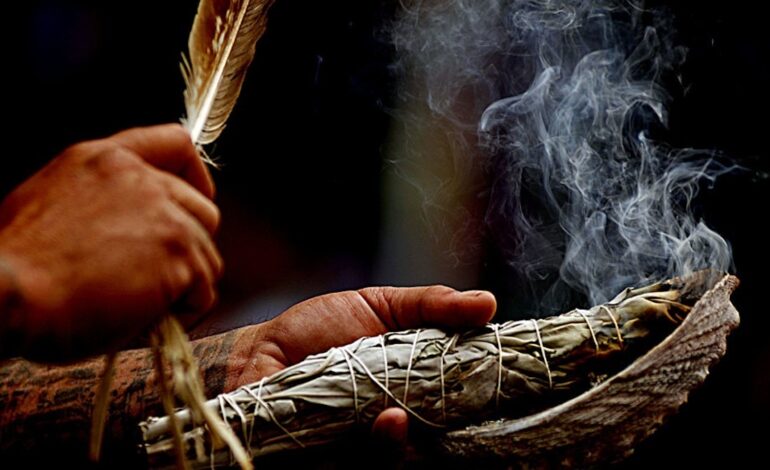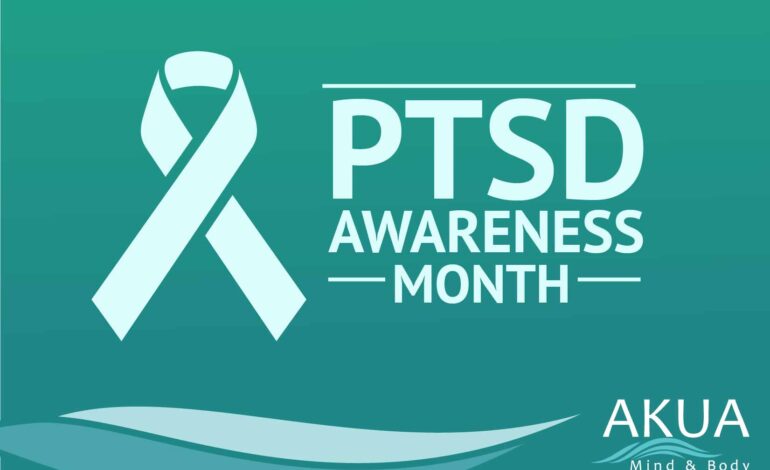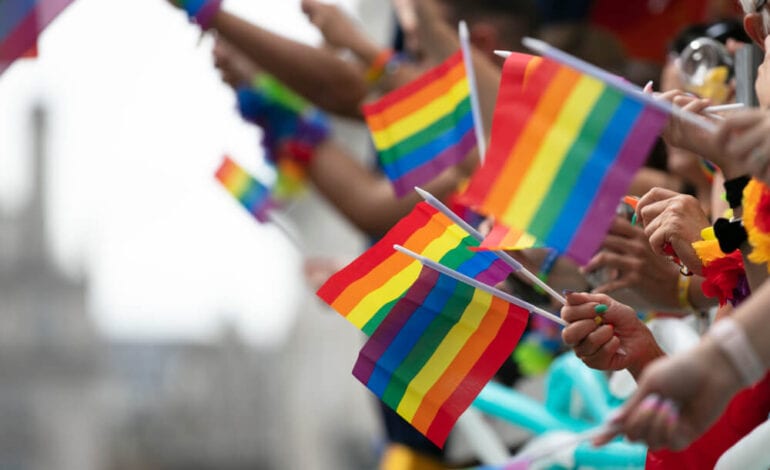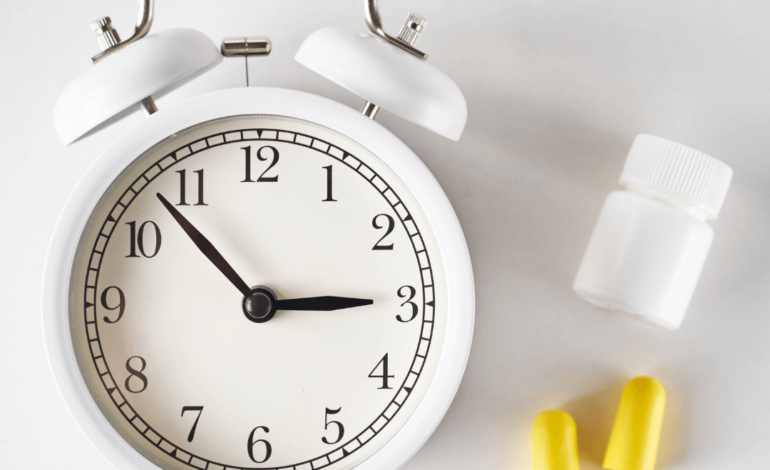Challenges of Mental Health Disorders or Substance Abuse
Mental health and substance abuse disorders affect all individuals regardless of their ethnicity, culture, or race. Anyone can experience the challenges of mental health disorders or substance abuse regardless of their background, however, background and identity can make access to treatment much more difficult. Studies have shown that individuals of minority backgrounds are more likely to struggle with mental health or substance use disorders and are less likely to seek treatment than non-minority individuals. People or marginalized cultures and communities often battle with self-identity and self-esteem and unfortunately when they simultaneously struggle with mental health or addiction; these underlying issues can boil over.
The importance of family therapy in addiction recovery for indigenous people
Many families in the indigenous communities are told to “be strong” and not show any signs of emotion or weakness as it can not only tarnish the individual but can also tarnish the family name. Unlike many western Caucasian cultures, indigenous cultures hold their family ties to the highest degree of respect. In other words, the family is everything. However, when it comes times to addiction and mental health, the stigma far outweighs the importance of family. Due to this stigma, many individuals of indigenous communities do not seek help from their family support system or from a reputable addiction treatment center. Cultural interventions address healing and wellness in a traditional and holistic sense and when these cultural practices are incorporated into family therapy for addiction treatment, there is a better chance for acceptance, open communication, and fewer barriers to stigma.
Addiction and mental health treatment centers that provide family therapy for indigenous communities are necessary in order to break down this stigma. Regardless of your race or culture, you are always worthy enough to seek professional treatment for your mental health or substance use disorder and your family members should actively be involved in this important healing process.
Cultural identity and spiritual and traditional healing are an important part of family therapy for indigenous cultures.
“The continued use of “minority or marginalized” sets up BIPOC (Black, Indigenous and People of Color) communities in terms of their quantity instead of their quality and removes their personhood… The word “minority” also emphasizes the power differential between “majority” and “minority” groups and can make BIPOC feel as though “minority” is synonymous with inferiority. Though “minority” and “marginalized” may continue to be used in academic spaces, the words the mental health community uses need to change in order to help communities understand how these terms create and perpetuate negative images and stereotypes of individuals that identify as BIPOC.”
– Mental Health America
Effects of alcohol on BIPOC communities
Many factors go into play as to why some individuals struggle with alcohol abuse compared to others. Factors such as biology and genetics play a large role, as addiction is a heritable disease, and environmental aspects can also be significant. Culture, religion, race, social circles, socioeconomic status, and home environment can all be involved in the way individuals think, act, and feel. Race and culture can also be involved in how a person treats alcohol and drug abuse, and how individuals choose whether or not to seek the necessary addiction treatment. Alcohol abuse in minorities, specifically American Indians and Hispanics, is higher compared to the Caucasian population. It is believed that these higher rates are directly associated with higher rates of mental health disorders. These include depression, bipolar disorder, and anxiety, as mental illness is a common underlying trigger related to alcohol abuse. Many researchers have suggested that the growing wealth inequality between Caucasians and minorities may have led to increased stress and demoralization. Educational, employment, housing, and health disparities faced by non-white Americans may also lead to increased unhealthy coping behaviors, particularly alcohol abuse.
Alcohol abuse and the Hispanic population
The Substance Abuse and Mental Health Services Administration (SAMHSA) reports that 24.7% of Hispanic individuals reported past-month binge alcohol drinking in 2014, while national averages were 23%. Although these rates are nearly equal, it is reported that the Hispanic population is less likely to perceive the need for treatment services than the general public. This is due primarily to cultural norms dictating the need to turn to family members instead of outsiders, language barriers making it harder to access treatment, and the lack of health insurance.
Alcohol abuse and the African American population
African Americans are less likely to abuse alcohol than the Caucasian population according to statistics. However, this minority group faces limited access to treatment. The American Psychological Association (APA) reports that nearly one-quarter, 22%, of the African American population lives in poverty, with many who are incarcerated, homeless, victims of violent crime, or have (or are) children in foster care or child welfare system. All of these factors contribute to huge barriers in treatment. As a result, studies have shown that while this population may abuse alcohol less frequently than other racial groups, they have an elevated risk for more significant drinking-related issues.
Alcohol abuse and the Asian population
Asian Americans tend to abuse alcohol at meager rates, 4.6%, much lower than the national averages. In Asian cultures, individuals tend to be private and may face cultural barriers to alcohol abuse treatment. Addiction and substance abuse may be seen as a weakness and something to be kept behind closed doors and not admitted to anyone outside the family. As a result, this population is less likely to seek professional treatment for an alcohol use disorder, placing them at higher risk for chronic diseases and co-occurring disorders associated with alcohol.
Alcohol abuse and American Indian and Alaskan Native population
American Indians and Alaska Natives (AI/AN) tend to abuse alcohol, 14.9%, more than other racial demographics, and suffer from more mental health concerns than the general American population. This population is also at a higher risk for mental health disorders and suicide risk than the national average. Native Americans have had a long and troubled history with alcohol and drug abuse, but individuals living on reservations have been more severely affected than the rest of this group. The social isolation, poverty, and lack of healthcare services that plague the country’s reservations have contributed to higher than average alcoholism, drug abuse, and alcohol-related crime in these areas. At the same time, American Indians still struggle against the negative cultural stereotypes and racial discrimination that have affected the tribes for hundreds of years.




